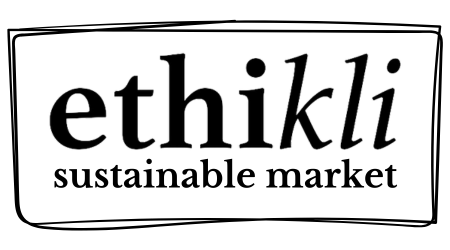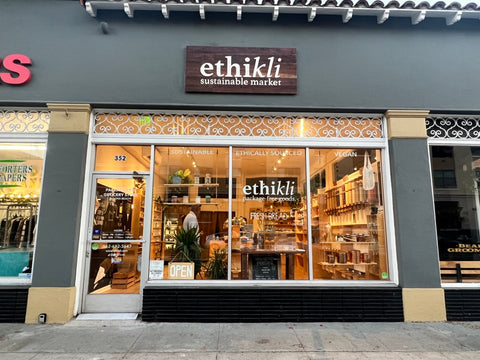
All about worms: Join us for our free monthly vermicomposting workshops on the last Tuesday of every month from 5-6 p.m. Attendance for the entire workshop is not necessary, so drop by when you can and meet our wiggly friends!
RSVP to our next workshop here!
Vermicomposting is a process where worms are used to break down foods into worm castings or worm poop, that is nutrient rich and great for plants.
One of the best ways to reduce your carbon footprint is through backyard and vermicomposting as the United States wastes approximately ⅓ of all food. That’s more than $218 billion of wasted food a year.
Your first vermicomposting bin can be purchased with Long Beach Recycles for $45 and worms (red wigglers) can be purchased from local suppliers such as Armstrong Garden Center or McCrawls. You will need about 1,000 worms to start.
It is essential to purchase red wigglers from a supplier as they are not commonly found in yards and earthworms cannot be used in vermicomposting bins as they prefer to live deeper under the surface, eat in larger quantities, and break down foods much slower.
Red wigglers can eat almost anything aside from meat, dairy, onions, garlic, citrus, nutshells, grass, oily products and processed foods.
They eat about half their weight every day and it is important to start out by feeding them in quadrants to see which foods they like and dislike.

One of my first mistakes was not burying their food, but this was an easy fix! Worms dislike sunlight so burying their food will encourage them to eat more as well as chopping it up into smaller pieces.
Vermicomposting is a great alternative to backyard composting as it is low maintenance because they only need to be checked on every 1-2 weeks, can and should be kept indoors as worms are temperature sensitive, and there is very little mess involved when using the three tear bin with a drip tray.
Your worm castings will be ready to harvest in about 2-5 months! You will know your castings are ready when you notice a dark brown color, uniform texture, small worm size, and worm reproduction slowing altogether.
Finished vermicompost is great for seed beds, transplants, top dressing, and potting mixtures.
Be sure to come stop by the shop during our monthly workshop if you have any additional questions about vermicomposting.




Comments (0)
There are no comments for this article. Be the first one to leave a message!